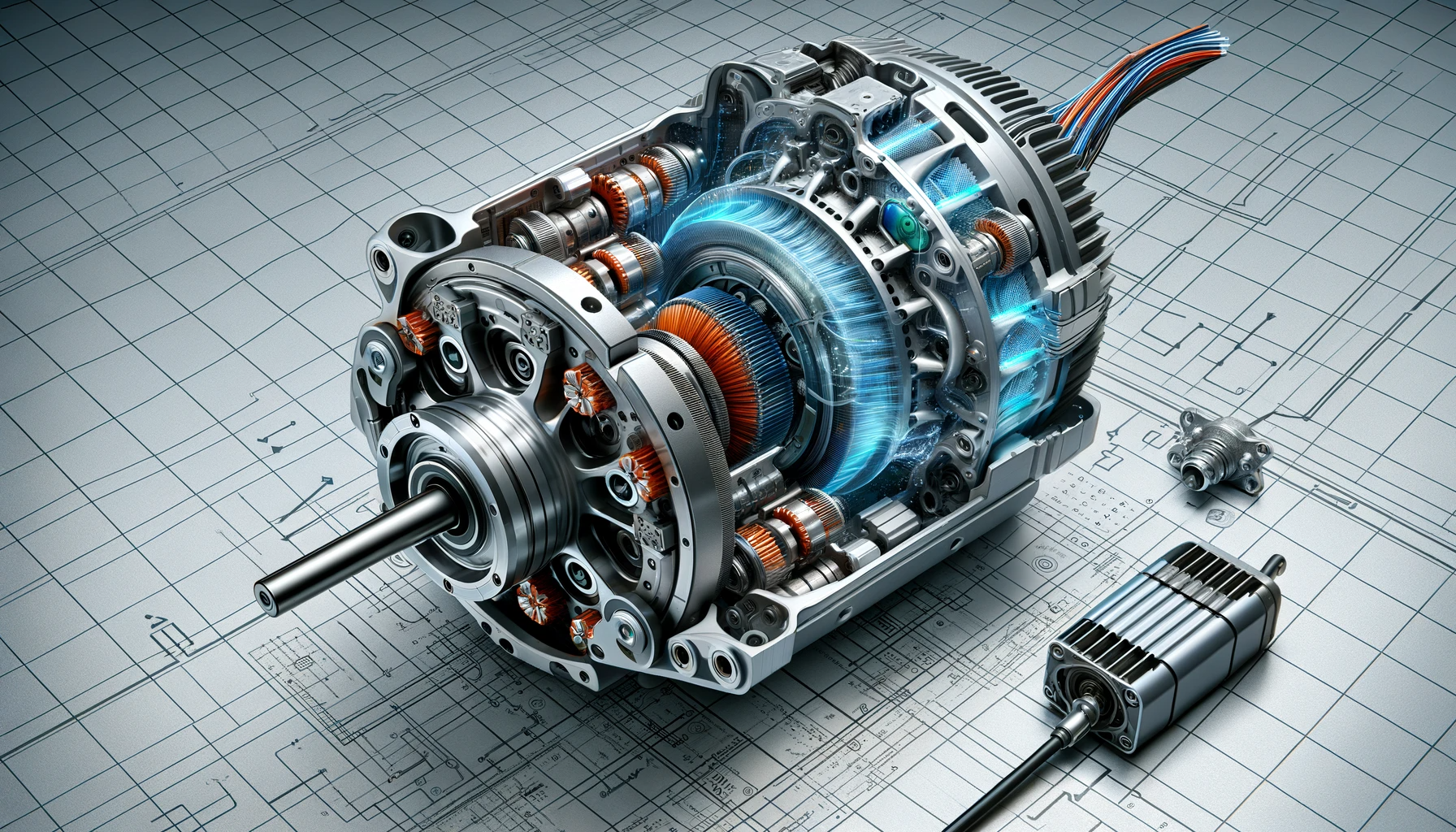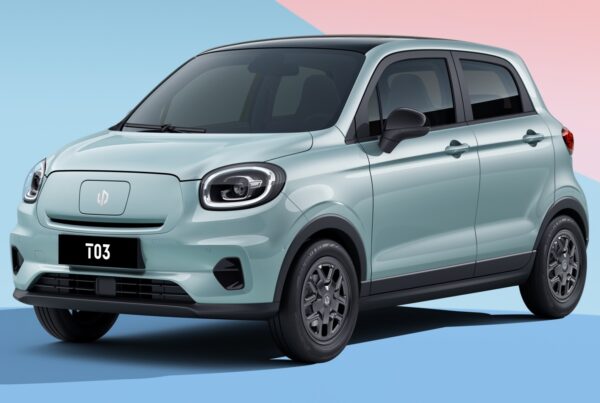Electric vehicle (EV) motors are a key component in the propulsion system of electric vehicles. These motors convert electrical energy into mechanical energy to drive the vehicle. Here are some key aspects of EV motors:
- Types of Motors: The most common types of motors used in EVs include:
- DC Motors: Direct current (DC) motors were used in earlier electric vehicles due to their simplicity and low cost. They are less common in modern EVs. previous BMW I3.
- AC Induction Motors: Alternating current (AC) induction motors are popular due to their robustness and high power output. Tesla, for example, has commonly used AC induction motors.
- Permanent Magnet Synchronous Motors (PMSM): These motors are efficient and have a high power-to-weight ratio. They use permanent magnets in the rotor and are widely used in various EV models.
- Switched Reluctance Motors: Known for their simplicity and high reliability, these motors are gaining popularity in some EV applications.
- Efficiency: Electric motors are highly efficient, often exceeding 90% efficiency under optimal conditions. This efficiency contributes to the overall energy efficiency of EVs.
- Torque Characteristics: EV motors can provide maximum torque from a standstill, unlike internal combustion engines. This characteristic contributes to the quick acceleration commonly associated with EVs.
- Regenerative Braking: Many EV motors are capable of regenerative braking, where the motor operates as a generator during braking, converting kinetic energy back into electrical energy, which is then stored in the battery.
- Cooling Systems: High-performance EV motors require cooling systems to manage heat generated during operation. Cooling methods include air cooling, liquid cooling, or a combination of both.
- Maintenance: EV motors generally require less maintenance than internal combustion engines as they have fewer moving parts and do not require oil changes.
- Integration with Power Electronics: The motor works in conjunction with power electronics, such as inverters, which convert DC power from the battery to AC power for the motor. This integration is crucial for the efficient and precise control of the motor.
EV motors are a rapidly evolving technology, with ongoing research and development aimed at increasing their efficiency, power output, and reducing costs. The choice of motor in an EV can significantly influence the vehicle’s performance, efficiency, and driving experience.
what about Lifespan
The lifespan of electric vehicle (EV) motors typically exceeds that of many other components in the vehicle. While there’s no universal standard, several factors contribute to the expected duration:
- Lifespan Estimates: EV motors are generally designed to last the lifetime of the vehicle. In practical terms, this often means they can last between 15 to 20 years or more, depending on usage.
- Mileage: In terms of mileage, EV motors can often last well beyond 160,000 km, with many capable of exceeding 320,000 km without major issues. Some have even been known to last upwards of 480,000 to 800,000 km under optimal conditions.
- Design and Build Quality: The longevity of an EV motor depends significantly on its design, build quality, and the materials used. Motors from established manufacturers with a reputation for quality are likely to last longer.
- Maintenance: EV motors require considerably less maintenance than internal combustion engines. The absence of many moving parts (like valves, pistons, and a complex fuel system) reduces wear and tear. However, regular maintenance as per the manufacturer’s guidelines is still crucial for longevity.
- Usage Patterns: The motor’s lifespan is also influenced by how the vehicle is used. Frequent rapid acceleration and deceleration, towing heavy loads, or consistently operating in extreme environments can potentially reduce the motor’s lifespan.
- Cooling Systems: Efficient cooling systems in EVs help in maintaining optimal operating temperatures, which is critical for the longevity of the motor.
- Advancements in Technology: Ongoing improvements in electric motor technology, including materials and manufacturing processes, continue to enhance their durability and lifespan.
In summary, EV motors are designed for longevity and are one of the most durable components in electric vehicles. They are a key factor contributing to the overall low lifetime maintenance costs and high reliability of EVs.
next : Inverter









